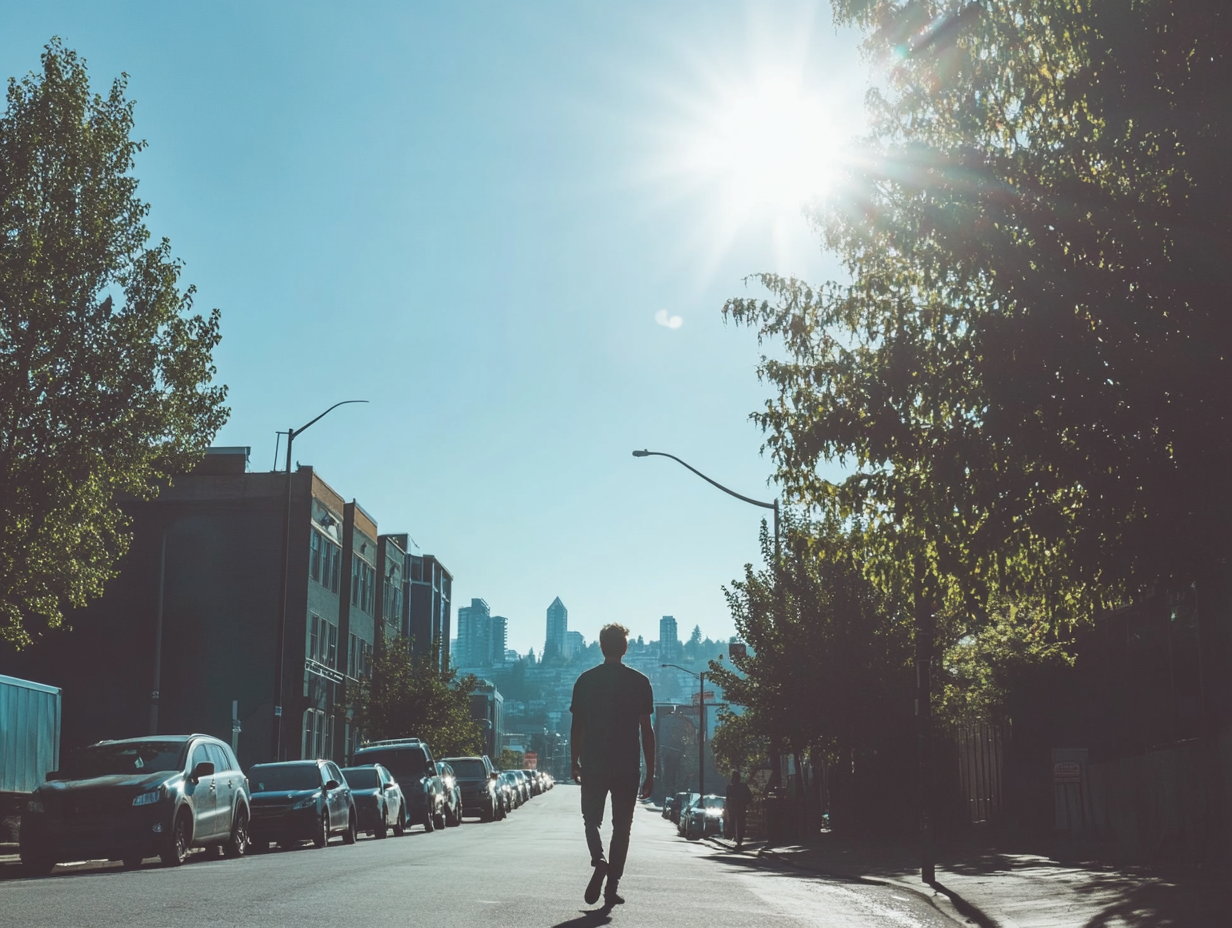When you are exploring in the peak day hours, you are prone to get a heat stroke, being prepared with life-saving skills can come handy
Travelling sees no time, whether it is summer or winter, we choose places that give us pleasure of the season. While many of you may think going to colder places will give you relief from the heat, which temporarily it does, it doesn’t mean that the heat doesn’t exist. Moreover, traveling in the heat can be exhilarating, but it comes with serious health risks, especially when temperatures soar and humidity rises. One of the most dangerous heat related issues is heat stroke, which can be life-threatening. This occurs when your body overheats and can no longer regulate its temperature. Dr Manjusha Agarwal, Senior Consultant Internal Medicine, Gleneagles Hospital, Parel in Mumbai says heat stroke can attack those who are spending long hours outdoors engaging in physical activities or are not aware of local weather extremes.
She says it is important to recognise the early signs and take quick actions to prevent complications. “Whether you are backpacking across a sunny country or simply caught in a heatwave during business trip, it’s important to know how to spot the symptom and use first aid to protect yourself,” says Dr Agarwal.
Symptoms of Heat Stroke
- High body temperature (above 104°F or 40°C)
- Hot, dry skin or profuse sweating
- Confusion, agitation, slurred speech
- Nausea or vomiting
- Rapid heartbeat and breathing
- Headache or dizziness
- Loss of consciousness or fainting
- Seizures (in severe cases)
Tips to Save Yourself From Heat Stroke
• Ensure that you are drinking enough water every hour, even if you don’t feel thirsty. It can help keep your body cool and also prevent the risk of dehydration.
• Wear appropriate clothes. Avoid wearing tight clothes. Wear light-colored loose cotton clothes. They can help your body breathe and also stay cooler in the scorching heat.
• Limit stepping outside between the peak sunlight hours, which are between 12 pm to 4 pm. This is when the sun’s heat is quite strong.
• If you still have to go outside during the peak hour, then always carry your water bottle, wear sunglasses, an umbrella, or a cap, and also use sunscreen.
• Focus more on eating light meals like curd, fruits, or salads. Heavy, greasy, and spicy food can make your body feel hotter.
• While traveling, always carry a water bottle, ORS sachet, and wet tissues.
• If you feel dizzy, weak, confused, or like vomiting, then it could be heatstroke. Immediately move to the shade, drink water, and rest.
• Do not drink water in a hurry or while standing. Sip water slowly, lie down in a cool place and keep a wet tissue on your head to cool down your body temperature.
• If you feel uneasy and symptoms don’t improve, then immediately consult a doctor.
• Don’t do an intense workout during the peak heat hours.• Add more natural coolers like coconut water, buttermilk, or lemon water to your daily diet.






